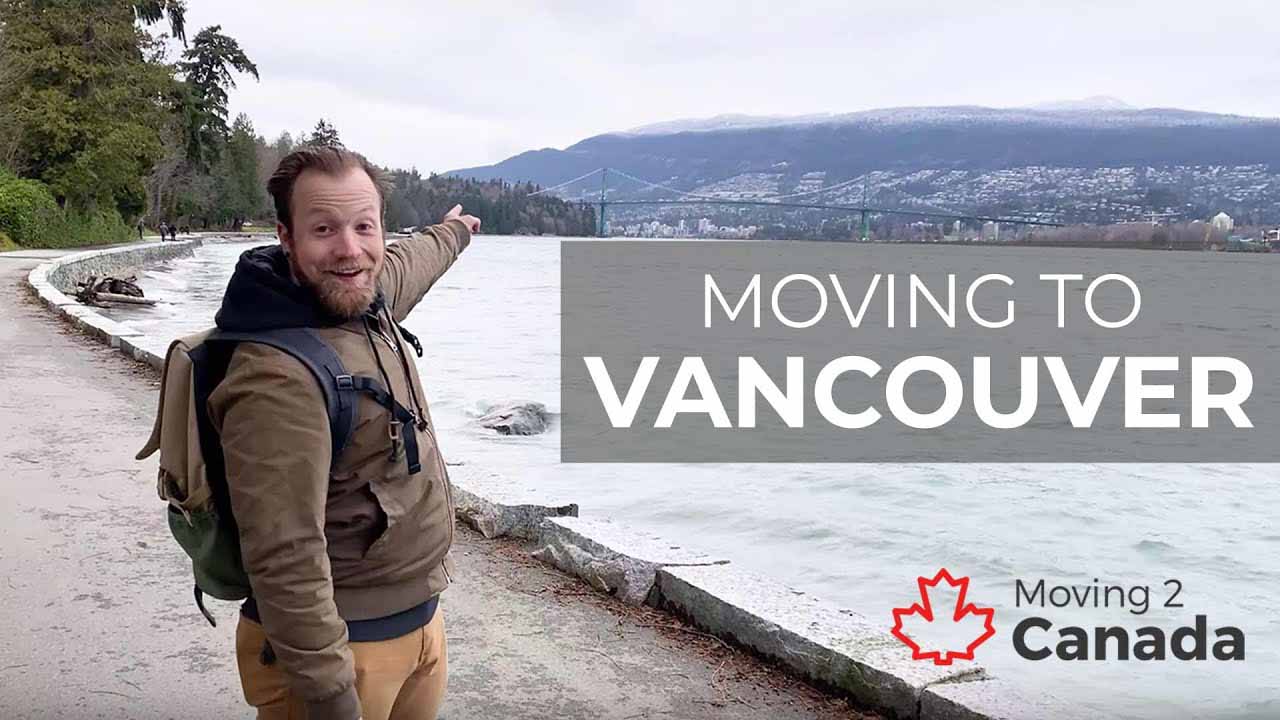Get immigration help you can trust.
Find the best immigration programs for you
Advertisement
By Rebecca Major
Updated on May 3, 2024
Are you ready to apply for permanent residency (PR) in Canada? Here are some tips for preparing your Canada PR application to submit to Immigration, Refugees and Citizenship Canada (IRCC).
How to prepare for your Canada PR application
The following tips are application to all types of Canada PR applications, including Express Entry programs, Provincial Nominee Programs, and Family Class programs.
1. Identify which program(s) you may be eligible for
Canada offers many immigration programs within its three broad categories (economic, family class, refugee & humanitarian). Some programs are points-based, while some are not. Some programs operate on a first-come, first-served basis, while some do not. Some programs require a sponsor, while some do not. And some programs remain open on an ongoing basis, while some do not.
Have you researched which program is right for you? Do you have more than one option and, if so, which one will you pursue? Make sure you know the best pathway for you before diving in.
- Use our immigration guide to find which Canada PR route may be best for you.
2. Consider getting advice and/or representation from an expert
Step One above can be daunting, there is no doubt, and it is important to note that it is possible to complete the Canada PR application alone. However, help is always available. Moving2Canada has partnered with trusted, experienced Regulated Canadian Immigration Consultants (RCICs) who can answer your questions, explain the process in detail, and, if you choose, provide representation on your behalf to the Canadian immigration authorities.
- To book a consultation, visit this page.

Are you covered for life in Canada?
3. Gather documents in advance, even if you haven’t been asked to submit them yet
In the course of your Canada PR application, IRCC will ask you to provide certain documents. Some of documents may take many months to obtain. Consequently, if you wait until you are formally asked, it may delay matters unnecessarily.
One example is police background checks. Some countries’ law enforcement agencies typically issue these background checks within weeks, or even days, with little or no fuss. On the other hand, some countries are quite slow at completing these background checks, and it may take some time, perhaps months, for the document(s) to be issued. Depending on your situation, you might also think about work reference letters, civil status documents, and other documents that may take a while to gather, and get things moving before being asked.
4. Double-check, then triple-check
Some Canada PR applications are delayed or rejected not because the applicant was ineligible, but because the applicant did not read the instructions, confirm an assumption, or address a concern. This risk can be mitigated if you read over the material, check (and check, and check again) the document checklist, and have your concerns addressed by someone who can provide answers.
5. Follow your checklist
There is no single checklist for immigration to Canada. During the course of your Canada PR application, IRCC will provide a specific checklist based on your specific circumstances and the immigration program you are applying to. This checklist has been generated based on your unique circumstances, and it’s important that you follow every item.
6. Be complete and accurate in your Canada PR application
Because the checklist is designed with you in mind, IRCC expects you to provide the items as listed. If this is not possible, for whatever reason, IRCC may be open to receiving an explanation as to why this is the case (often in the form of a letter of explanation, plus some supporting documents, if available). Be complete, and be accurate — especially if you are providing an explanation for why certain documents may not be submitted as requested.
7. Keep track of expiry dates
Check the expiry dates of the following documents, all or some of which may be needed for your Canada PR application:
- Passport
- Work permit/study permit
- Police background checks
- Bank statements
- Language test results
- Invitation to apply
- Medical assessment
If you find it difficult to keep track of everything, consider setting up a system of reminders or alerts for yourself through a calendar or similar. This will help you to stay on top of your application.

Get your questions answered by an expert
8. Don’t leave gaps in time
IRCC may want to know where you’ve been, why you were there, and when you went there — and that’s just for vacation. You may also have to supply a detailed employment and study history. Gaps in time are likely to be noticed and questioned, and therefore those gaps may delay or hinder your overall Canada PR application. Build a timeline of your life over the past 10 years, and make sure there are no gaps. It can be painstaking, but it is possible. You probably have a record of much of your activity through itineraries and email archives, so those are good places to start.
Pro-tip: Check the stamps in your passport if you’re unsure of the exact dates you entered or exited a country.
9. Tell IRCC of any change in circumstances
Has a new member joined your family after you submitted your Canada PR application? It could be a newborn child or a spouse, for example. Do you want this person to accompany you in Canada? If so, it is important to go through the necessary procedure with IRCC.
Have you changed your address? Completed a higher level of education? Divorced or separated? If yes to any, keep IRCC up to date on developments as your application is being processed.
You can notify IRCC of changes to your circumstances using the IRCC online web form.
10. Never lie when pursuing permanent residence
Not even a small lie. Lies can devastate your chances, even if you don’t get caught immediately. Lying on an immigration application is considered “misrepresentation” and can have serious criminal consequences.
Take the Express Entry system, for example. If an Express Entry applicant has been found to have provided false information going into the Express Entry pool, he or she can be banned from re-entering the pool, or even from entering Canada, for five years. This five-year ban can apply to a person who has lied on any immigration application. Therefore, it is hugely important to provide accurate and correct information from the outset.
If it is found that you have obtained permanent residence through fraudulent means, which includes misrepresenting the facts on your application, the government has the ability to revoke your status.
11. Keep copies of your documents
Whether they are in physical or electronic form, it is a good idea to keep copies of your documents and submitted forms. For Express Entry applicants, you could take screenshots of the various pages of your profile as your move through the process prior to submitting the actual Canada PR application. For common-law/spousal sponsorship applicants, you could keep photocopies of the documents you submit to demonstrate your relationship. You never know when you may need to refer to some aspect of your application down the line, so it’s always handy to have copies of everything safely stored in physical and/or electronic form. Your scanner is your friend.
12. Communicate with others in the same position
You are not the first person to apply for immigration to Canada, and you won’t be the last. In fact, right now there are thousands of other applicants in similar positions, all striving to make Canada their new permanent home. To communicate with other candidates and applicants, simply check out the Moving2Canada PR/Express Entry Group on Facebook and join the conversation.
Related articles

Participation Age Increased To 35 For Luxembourgish IECers
Read more

From Temporary to Permanent Residency in Canada: Stats You Should Know
Read more

Navigating The 2024 Wildfire Season As A Newcomer To Canada
Read more

Northwest Territories Reaches PNP Allocation For 2024 – For The First Time
Read more
About the author










